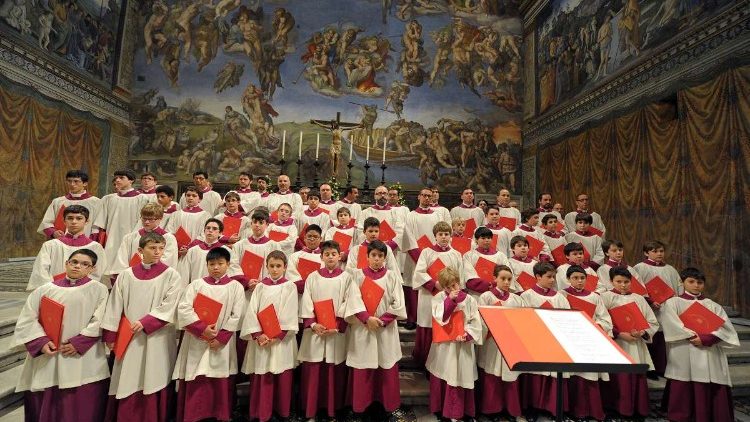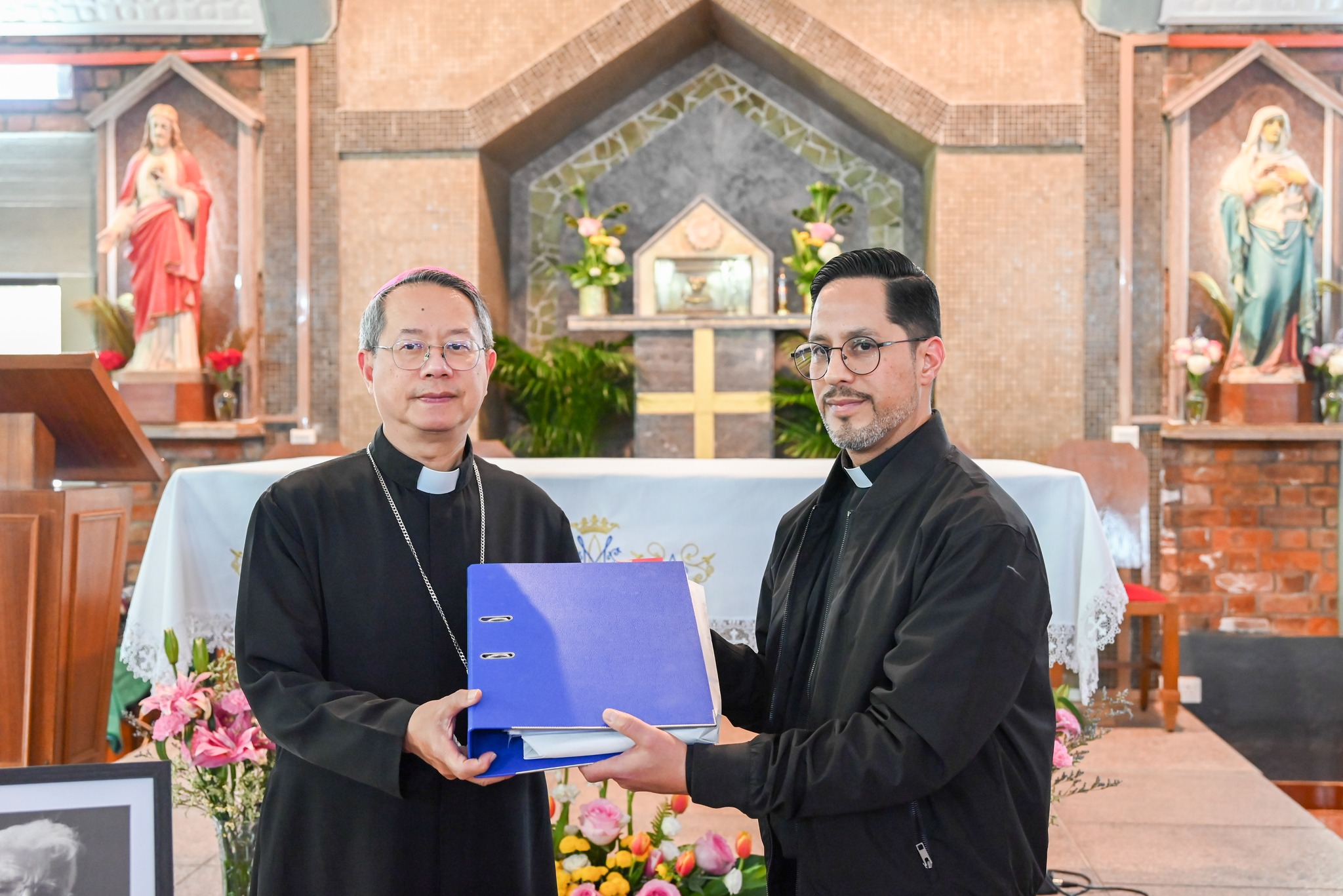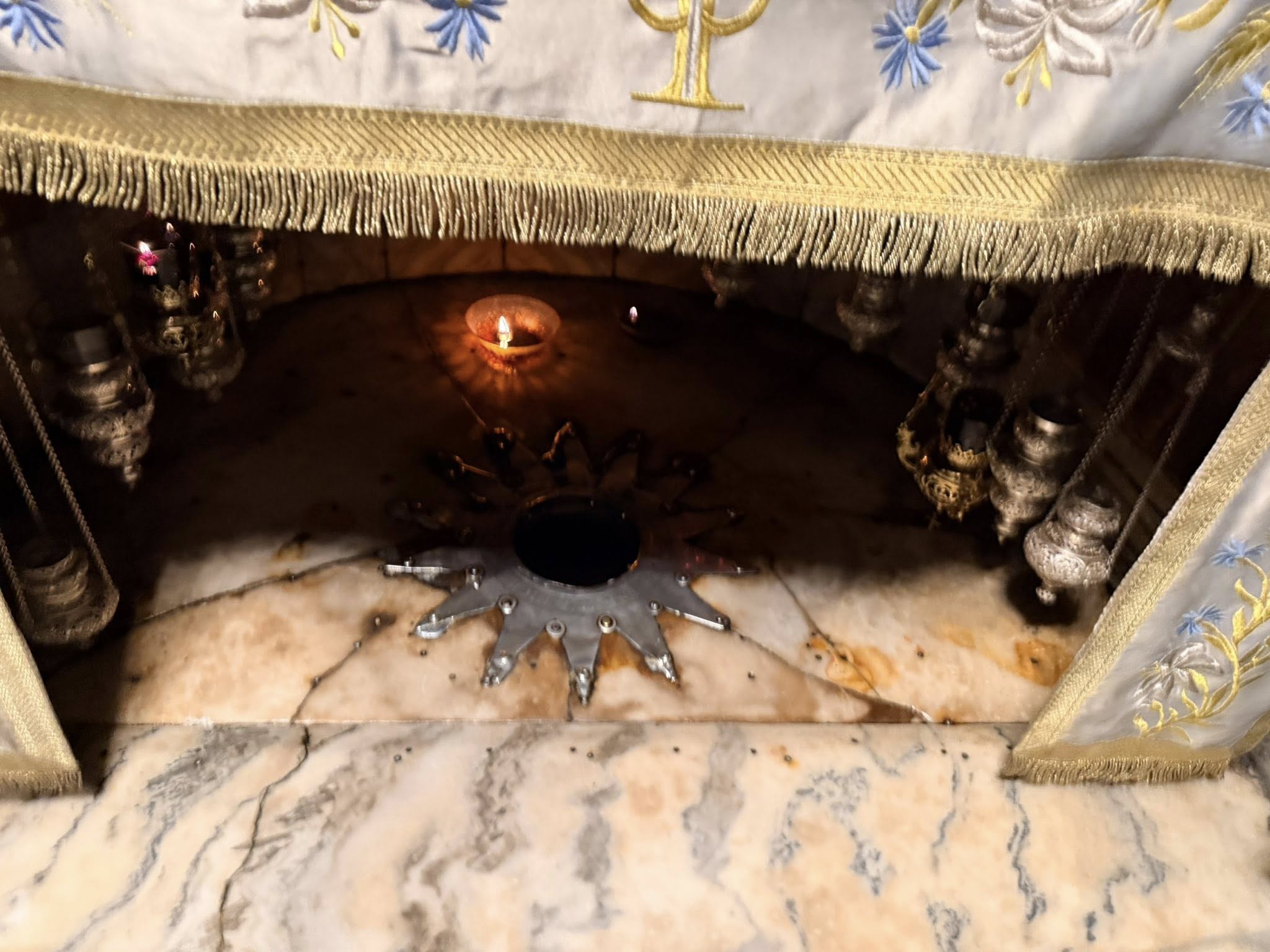– Aurelio Porfiri
When talking about choirs, we have mentioned the difficulties and the struggles to establish a good musical program in the parish or in the church that one attends. These difficulties and struggles are real and we cannot downplay them. Quite often one also has to deal with a priest who is not supportive or who is really not knowledgeable about music and liturgy. This is why a choir director has to be very strong in the knowledge of the relevant laws regarding liturgy and music. The liturgist Alfonso Maria Triacca has said that music expands what is already in the liturgy. How true this is! Music is a fundamental added dimension in the liturgy, but can also be an impediment, when it is not fit for the liturgy or is drawing people away from the desired outcome: the glory of God and the sanctification of the faithful.
Now, when thinking long term, there is a fundamental element that has to be considered: the involvement of children. And this is something that can never be underestimated. A good taste for liturgical music can be shaped at a very young age. Often we hear the mistaken idea that children in church have to sing only childish songs, or songs that sound like commercial music. This is really nonsense. Certainly it is possible that at a very young age they may sing also some more simple songs, but it is the experience of countless church choirs that employ treble voices, or children choirs, that they can really appreciate music when it is beautiful and spiritual. They are in an age when their hearts are still pure and simple, even if they cannot appreciate the intricacy of the music itself (and only adults with a specific training can), they can grasp the essential of what is there. I am not talking theoretically, I have myself experienced this. When I have to conduct music often I work with choirs made of professional singers, singers who really love sacred music. Most of them, I would say the majority, were pueri cantores, choir members at a young age, where the men sung tenor and bass parts and the children sing the upper parts. Today not many people are able to hear such choirs such as the Sistine Chapel Choir in the Vatican or the Oratory Choir in London. Their quality – the sound they produce – is really perfect for the church. There is that kind of sublime purity that really fills the hearts of everyone with spiritual feelings. Of course, they have to sing well, they have to be trained properly. It is never enough said that the teacher appears when the student is ready, when he understands the importance of the process he or she is in. The teacher has to facilitate this process.
The choir director, the teacher, has a fundamental role in inspiring young minds, letting them understand the importance of what they are doing in their life and for their overall education. One day, talking with a famous musician in Hong Kong, someone who has experienced being a boy singer, told me that in a certain institution, what was really missing was good teachers. If a teacher, a choir conductor, is not able to inspire, to have the charisma that shows the students that they are part of something great, very little can be done. Because, of course there are problems connected with children, as the relationship with the parents, the need of having a very safe environment for them (and every measure should be used so that they are safe and protected), a lot of patience. But when there is an investment in all of this, the outcome is tenfold, and not only for their immediate performance, but because you are cultivating people who will appreciate good sacred music for all their lives.
Can they sing in Latin? Of course! Those that say they cannot sing because they cannot understand the meaning are deeply wrong. First of all, there is an understanding in music that is much deeper than the understanding of the meaning of the words (which can be explained and translated, in any case). When we hear instrumental music there are no words, but there is a meaning, and this meaning can be very deep for us. Sometimes we hear music in languages that we are not able to understand but the emotional power of that music is so strong that we cannot avoid to be deeply touched, more than with music that uses a language familiar to us. Music is a language in itself, let us never forget it. I can refer to my experience in Macau, when I started to teach my students lots of pieces in Latin. I remember one day one of my students (not Catholic, not Christian) asked me extra copies of a CD we recorded because the music there (all in Latin) “was so spiritual.” Beauty has a way to reach people that is different from what some people may think. And also talking about my beloved Macau students, when they can choose, in their free time, the music they listen to was not only in their mother language (Cantonese) but they listened to a lot of Korean music, Japanese music, Mandarin music…. They have no problem in listening to languages that are not their own. The idea that the students cannot sing Latin because they do not understand it is just a sign of the insecurities of the teacher, not of the students.
Also there is another important element to consider. In medieval times, there was the Schola Cantorum in Rome, a choir that served the Masses of the Roman Pontiff. This choir, according to tradition, was established by Pope Saint Gregory the Great. Now, this choir was important not only for his musical and liturgical service, but also because it was rich in priestly vocations. When the pure hearts of children are touched by the grace of God throughout the gift of sacred music, it may be possible that they want to follow God in a very radical way and give all their life to him. Making them singing silly songs because they cannot understand the beauty of great sacred music is really against their interest and against the spiritual interests of the Church. But, as we have seen until now, the big problem is having choir directors that are deeply knowledgeable about what sacred music is, about the importance of tradition, about having an idea of how the music should sound. And here we need to talk about bishops, how much they invest in this kind of formation for their priests, for those that are in charge of liturgical music in their parishes. The liturgy is the culmen et fons of our Christian life. Participation in the liturgy is the highest peak of our relationship with God, it is the moment when we are in His presence and are able to worship Him in spirit and truth; but it also is the source of our strength in our daily life, it is where we get that power from the Holy Spirit to be Christians in a more meaningful and deep way. It is important to understand that the responsibility of making music for the liturgy cannot be a hobby, something one does in his spare time, but is a very high responsibility to God and to the Christian community.
I know that what I say impies a very strong commitment from dioceses, bishops, priests, communities, but I think that a rebirth of true Christian spirit can only come when we give the liturgy and its music due importance. A music that is not the repetition of the songs of the world, but that create a safe space for our souls to dwell. Cultivating musical abilities of children for their use in the church is certainly one fundamental way to give a central place to the liturgy in our life. It takes time, effort, patience, but the endurance will give excellent results for years and years to come.


 Follow
Follow


